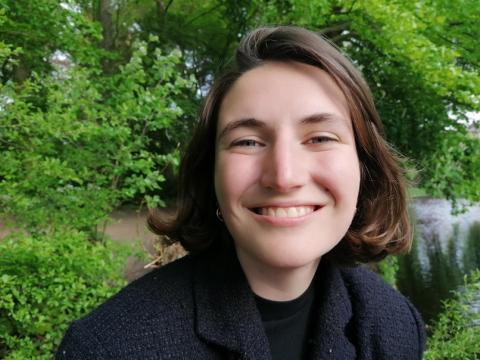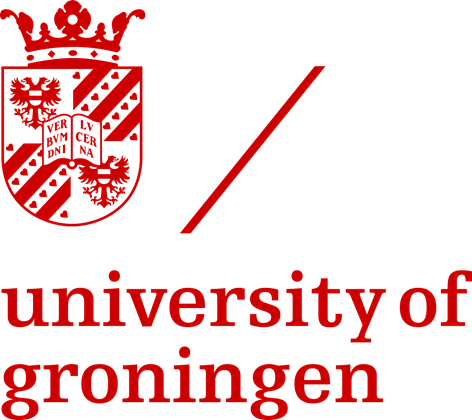Are you interested in a career as a researcher of spatial subjects? This programme allows the study of Spatial Sciences in the broadest possible way, and it trains students to become good researchers.
The two-year Research Master in Spatial Sciences has two key features. First, it allows students maximum scientific freedom to learn and discover. Second, it lets students develop serious scientific research skills. Throughout the programme we take inspiration from Einstein's words: 'I have no special talents. I am only passionately curious'. Research Master students don't have to be extraordinarily talented or gifted. But students need to have a passionate curiosity about people and places. With this driving curiosity the research master Spatial Sciences is a good choice.
Maximum scientific freedom to learn and discover
Students can design their own programme by choosing courses according to their own interests. They can choose courses from all Spatial Sciences master programmes: environmental and infrastructure planning, economic geography, population studies, socio-spatial planning, or real estate studies and they may also include courses from other faculties.
Serious development of research skills
Students become good researchers by experiencing a series of carefully designed research settings. They will participate in a joint multidisciplinary research challenge with other ReMa students. They will receive one-to-one individual research training from an URSI staff member involved in the tWIST research programme of our faculty. They will do a research internship at an outstanding research institute. The research experiences will be both big and small: they will range from the final master thesis taking several months to small half an hour researches as part of the scientific diary. Students will be trained in a wide array of research methods.
Overview
Are you interested in a career as a researcher of spatial subjects? This programme allows the study of Spatial Sciences in the broadest possible way, and it trains students to become good researchers.
The two-year Research Master in Spatial Sciences has two key features. First, it allows students maximum scientific freedom to learn and discover. Second, it lets students develop serious scientific research skills. Throughout the programme we take inspiration from Einstein's words: 'I have no special talents. I am only passionately curious'. Research Master students don't have to be extraordinarily talented or gifted. But students need to have a passionate curiosity about people and places. With this driving curiosity, the research master Spatial Sciences is a good choice.
Course details
Programme
Track
If you want to combine thorough training in scientific research with a thematic specialization on islands and sustainability, we offer a track in Islands and Sustainability
Specializations
The Research Master offers a specialization option. Students combine the courses of a one-year FSS master within the two-year Research Master program. They receive a formal specialization on their diploma supplement. The following specializations are possible for:
- Economic Geography / Economic Geography: Regional Competitiveness and Trade
- Real Estate Studies
- Population Studies
- Society, Sustainability and Planning
Environmental and Infrastructure Planning
Career outcomes
Job prospects
The graduates from the programme are well trained for:
- PhD position
- research position in organisations such as government ministries, non-governmental organisations or research-based consultancies
- any other professional job in which scientific solidness and creativity is an asset
The close contacts with URSI researchers and PhD students (as mentors or teachers) in the graduate school allow an easy transition to a PhD position. The Research Internship at a Research Institute is specifically introduced to let the student experience the work atmosphere at a research institute.
Throughout the year we offer support for practical career preparation and employability skills. Workshops are given about leadership, job interviews and how to present yourself. More information about the FSS Career Services.
See where our alumni end up in this graphic!

